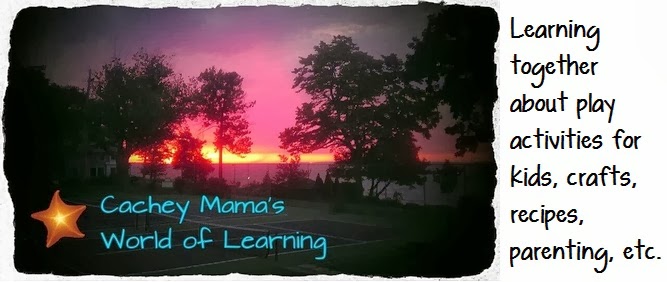I recently had the pleasure of hearing Bobby Norfolk speak at a training for work. He is a wonderful storyteller as
well as a 3 time Emmy Award winner for hosting the children’s show, “Gator
Tales” on CBS and was also nominated for his role as host of the show
“Children’s Theater at Bobby’s House.”
He gave a ton of wonderful information in a very
entertaining manner and was most kind when I asked afterward if he would mind
if I used some of his material on my blog. He said he’d be honored. WHAT! I am
super extra honored to have gotten the opportunity to meet him and learn so much
from him.
The first thing I would like to share is from a handout Bobby provided. This is an
excerpt from Margaret Read MacDonald’s TheStoryteller’s Start-Up Book: Finding, Learning, Performing and Using Folktales.
- SELECT a story you are eager to learn. Read it a few times.
- CONCENTRATE. Isolate and visualize the characters, setting, etc.
- VOCALIZE. Read it out loud and listen for chants, songs, and voices for different characters.
- MEMORIZE KEY BITS such as chants, songs, key phrases and the beginning and ending of the story.
- ANALYZE the story’s basic structure. This will help you through if you become befuddled.
- SAY THE STORY aloud in your own words. You can stop and check if you forget a part.
- REPAIR. Look again at the text and see if there were any spots that you messed up or wanted to do differently. Plan how to do it better next time.
- TELL IT THROUGH without stopping. Improvising will help give you confidence for when you have an audience.
- EVALUATE. Are there any spots that still need improvement?
- TELL IT over and over! It will improve the more you tell it. But remember, the story will perfect itself with the audience, not in private practice.
Secondly, I wanted to share his list of What to Look for
When You’re Searching for a Story to Tell:
- A beginning that immediately captures your interest
- Colorful characters, but not too many characters
- A plot that is not too complicated
- It should appeal to your emotions (funny, scary, exciting, sad)
- A strong, satisfying ending
And finally, I wanted to give a quick overview of his
handout on Planning Age-Appropriate Story Programs. I will just include baby
through preschool since those are mainly the ages I deal with on this blog.
Remember, this is a just a guide as children develop at their own rates.
Infants (0-18 Months)
·
Like action nursery rhymes
·
Fall asleep to nursery songs and lullabies
·
Listen to Mother Goose as they are rocked
·
Imitate action
·
Participate in animal sounds
·
Relate to life
·
Like to see babies in books
·
Like the 3 R’s: rhythm, repetition, and rhyme
Toddlers (18-36 Months)
·
Like to hear the same stories over and over
·
Repeat Mother Goose by heart
·
Explore the world through their senses
·
Like short rhyming stories
·
Like large, clear, realistic pictures
·
Like to name and identify objects/pictures
Preschoolers (3-4 Years)
·
Use words to express themselves
·
Struggle for independence
·
Play with language
·
Are fascinated by other children but share
grudgingly
·
Are fearful of the dark and strangers
·
Like simple folktales but not fairytales
·
Like to fill in the gaps: “Humpty Dumpty sat on
the _________”
·
Like predictability
·
Like to repeat phrases and actions
·
Have short attention spans
5 Year Olds (Kindergarten)
·
Like stories with animals that talk
·
Like simple folktales and some fairytales
·
Like a prince and princess in the story
·
Believe in magic
·
Thing fairy tale characters really lived a long
time ago
·
Sometimes confuse real and make-believe
I would like to thank Bobby Norfolk for this information as
well as all the other useful storytelling advice he gave during the training.
Please take a moment to stop by his website and check it out. He sells CDs and
DVDs. If you ever get a chance to hear him perform, do not miss the
opportunity. He is spectacular!
I will leave you with this excellent array of books that will assist you in beginning your journey as a story-teller:

Thanks for these great tips. Renee
ReplyDelete